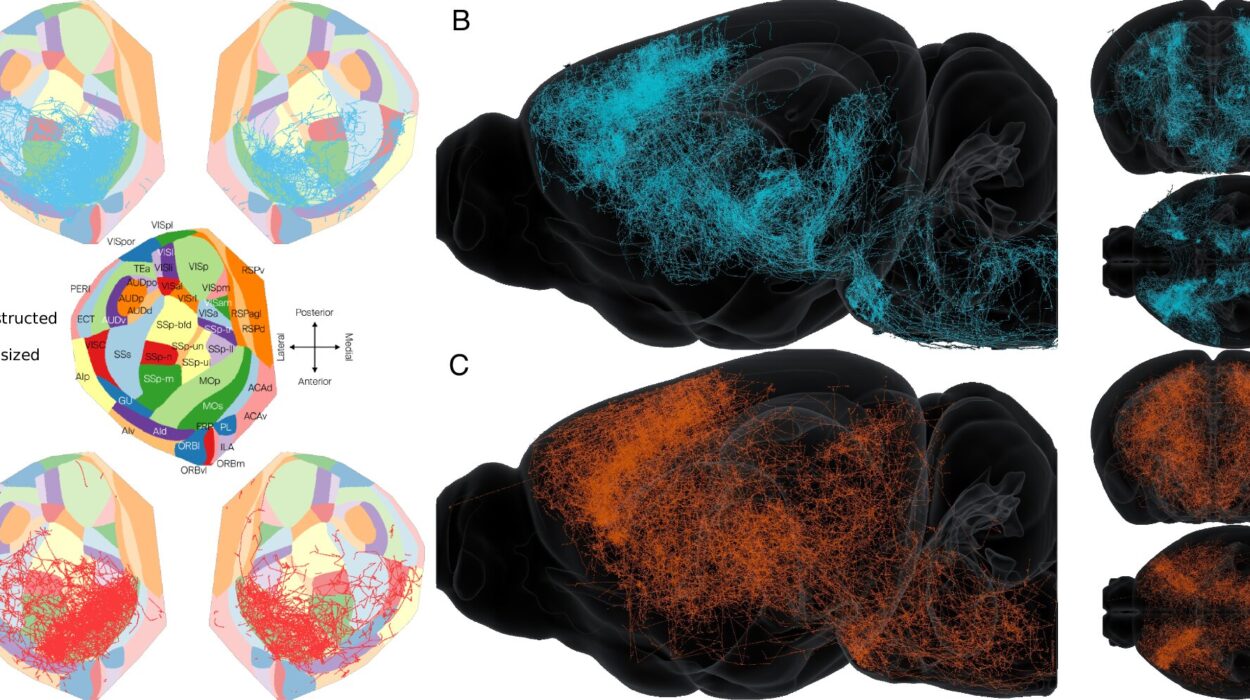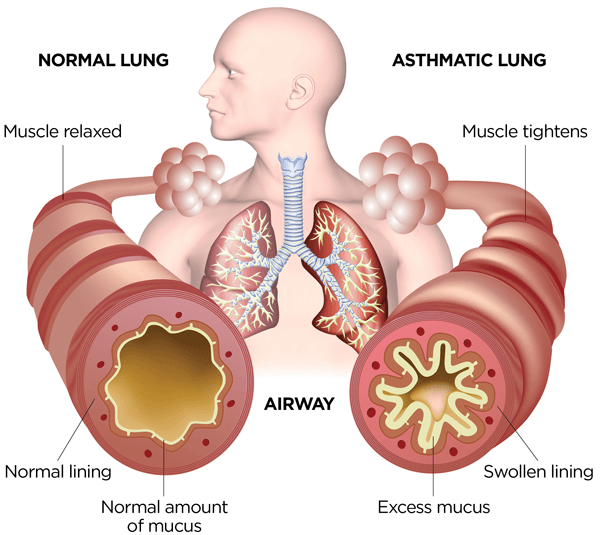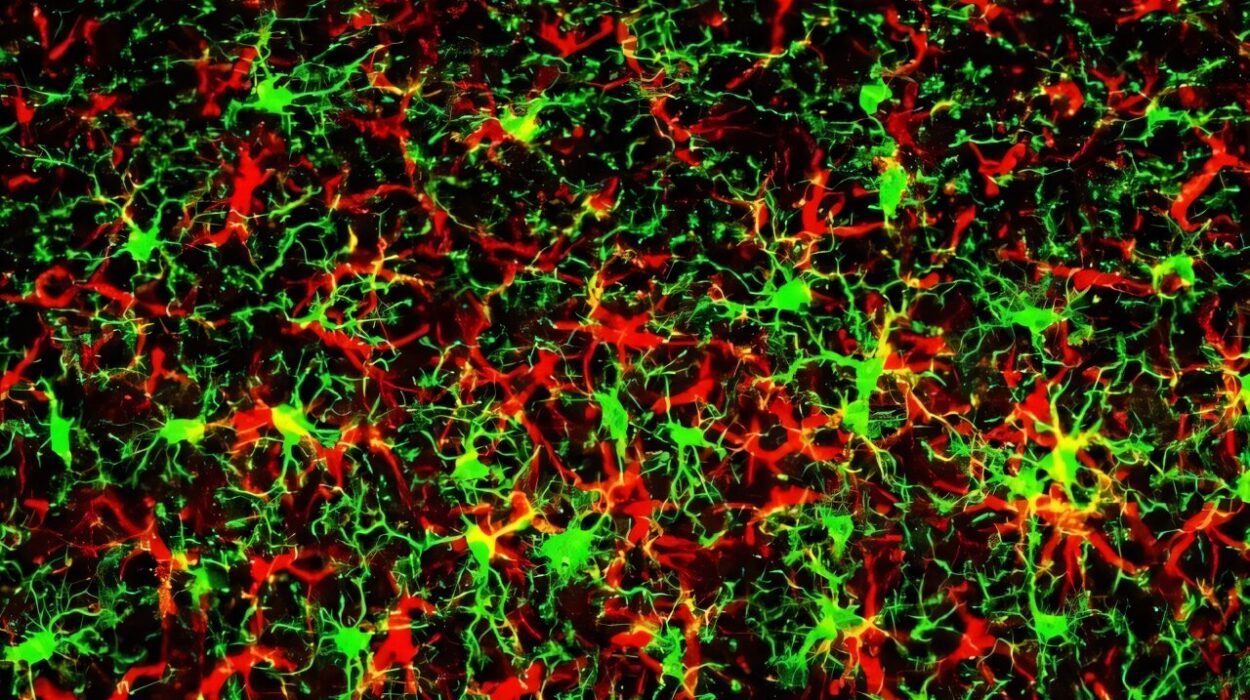As we move through life, our relationship with food is constantly evolving. In childhood, meals often arrive on a schedule set by parents or schools. In adulthood, busy workdays and family responsibilities shape when and how we eat. And as we grow older, appetite, energy levels, and daily routines begin to change once again. But while much attention has been paid to what we eat and how much, the question of when we eat has remained largely in the background—until now.
New research from Massachusetts General Brigham, published in Communications Medicine, has brought to light a surprising truth: our meal timing shifts as we age, and those changes may quietly signal deeper health challenges, even predicting longevity.
Breakfast: A Window into Health
One of the most striking discoveries from this research is that breakfast—the humble first meal of the day—carries far more weight than we once believed. Older adults who gradually shifted to later breakfasts were found to have higher rates of depression, fatigue, and oral health issues. They also tended to struggle with meal preparation and reported worse sleep quality.
But the story goes deeper. Delayed breakfasts were not only linked to immediate health conditions—they were also associated with an increased risk of death during the 20-year study period. The timing of that first meal in the day, researchers suggest, may act as an early warning signal of an individual’s overall health trajectory.
This finding adds fresh meaning to the old adage that breakfast is the most important meal of the day. For older adults, in particular, it may serve as a daily check-in with the body’s internal clock, a simple but powerful reflection of both physical and mental well-being.
The Study that Revealed the Pattern
The research team, led by Hassan Dashti, Ph.D., RD, a nutrition scientist and circadian biologist at Massachusetts General Hospital, examined the eating patterns of 2,945 adults aged 42 to 94 living in the UK. These participants were followed for over two decades, with scientists collecting not only self-reported data on mealtimes but also blood samples and health records.
What emerged was a clear pattern: as people age, their eating window tends to narrow. Breakfasts and dinners drift later into the day, compressing the total time spent eating. While this shift may feel natural—or even go unnoticed—it appears to be more than just a quirk of aging. It is, in many cases, a mirror of underlying health.
Those who leaned toward later meals were more likely to share traits with so-called “night owls,” individuals genetically predisposed to later sleep and wake times. But genetic tendency was not the whole story. Lifestyle, mental health, and physical challenges all appeared to nudge meal timing further into the day, creating a cycle that could ultimately shorten lifespan.
Why Timing Matters
Why would eating later in the day be tied to such significant outcomes? The answer lies in the intricate connection between nutrition and our body’s circadian rhythm—the internal clock that governs everything from hormone release to sleep cycles to metabolism.
Our bodies are designed to function on a roughly 24-hour cycle, with daylight serving as the primary anchor. Eating is another powerful cue for this internal rhythm. Meals eaten in alignment with our natural circadian cycle—early in the day—help reinforce metabolic health. Conversely, eating later, especially as we age, may disrupt this delicate balance, leading to fatigue, poor sleep, and metabolic strain.
When breakfast is delayed, the entire metabolic day shifts. The body, already more vulnerable in older age, may struggle to adapt, amplifying the risk of both physical ailments and cognitive decline. In this light, meal timing is not just a lifestyle choice—it becomes a form of communication with the body’s deepest biological systems.
The Broader Implications for Healthy Aging
The implications of this research extend far beyond breakfast tables. As time-restricted eating and intermittent fasting rise in popularity, younger and middle-aged adults often embrace delayed meals as part of health and weight management strategies. But what may be beneficial for one stage of life could be detrimental in another.
For older adults, encouraging consistency in meal schedules may prove just as important as the nutritional content of food itself. Clinicians and caregivers might one day use meal timing as a quick and accessible tool to identify early health risks, prompting further investigation before larger problems arise.
This is not about prescribing rigid rules but about recognizing patterns. If an older adult who once enjoyed early morning meals suddenly begins skipping or delaying breakfast, it may be more than a change in preference—it may be a clue worth listening to.
The Human Story Behind the Data
Behind the charts and statistics lies a deeply human truth: the way we eat is intertwined with how we live and how we age. A later breakfast might signal that fatigue is making it harder to get out of bed. A delayed dinner might reflect declining motivation to cook for one. Changes in eating rhythms may not always be conscious choices, but rather ripples caused by broader health and emotional tides.
This is where the science becomes personal. Understanding the connection between meal timing and health empowers us not just to live longer, but to live better. It offers families, caregivers, and older adults themselves a new lens through which to view well-being—a reminder that even the simplest routines can hold profound meaning.
Looking Ahead: Food as a Marker of Longevity
The research led by Dashti and his colleagues is a starting point, not a conclusion. Much remains to be explored about how meal timing interacts with genetics, lifestyle, and other medical conditions. Yet the message is clear: the clock matters, not only in the sky but also on our plates.
As science deepens its understanding of circadian biology, meal timing could become a cornerstone of healthy aging strategies. For now, the takeaway is both practical and poetic. Eating in tune with our body’s rhythm—especially beginning the day with a nourishing breakfast—may offer a path toward vitality, resilience, and longer life.
A Return to Rhythm
In the end, this research reminds us of something both ancient and profoundly modern: health is not only about the nutrients we consume, but also about the harmony between our habits and our biology. Just as our ancestors rose with the sun and broke their fasts early, so too might we find strength in aligning meals with our natural rhythms.
Aging does not mean surrendering to decline—it means adapting, listening, and finding new ways to care for ourselves. Sometimes, the first step is as simple as sitting down to breakfast a little earlier, greeting the day not only with food but with intention.
More information: Dashti H. S. et al. Meal timing trajectories in older adults and their associations with health outcomes, genetic profiles, and mortality, Communications Medicine (2025). DOI: 10.1038/s43856-025-01035-x






